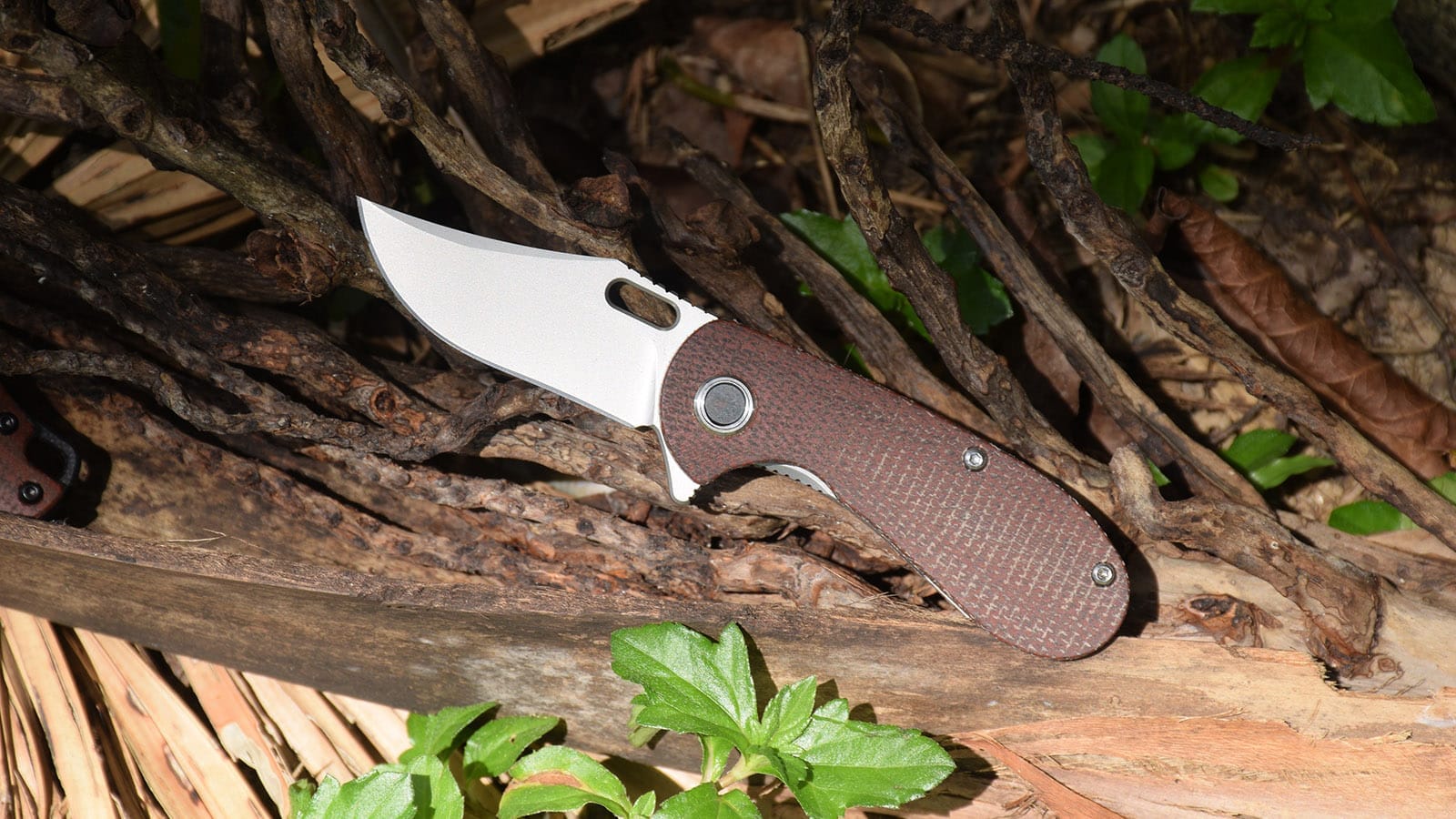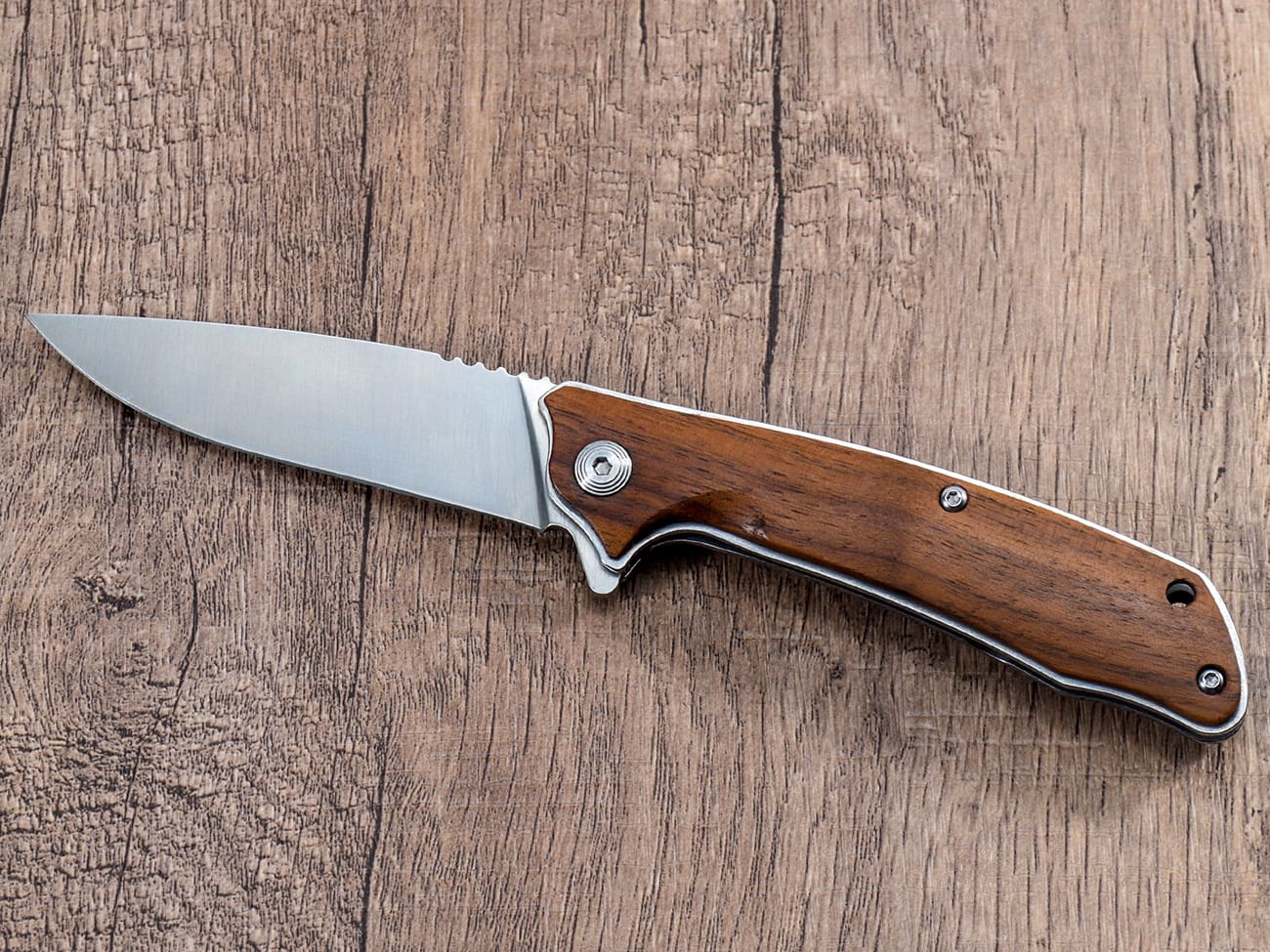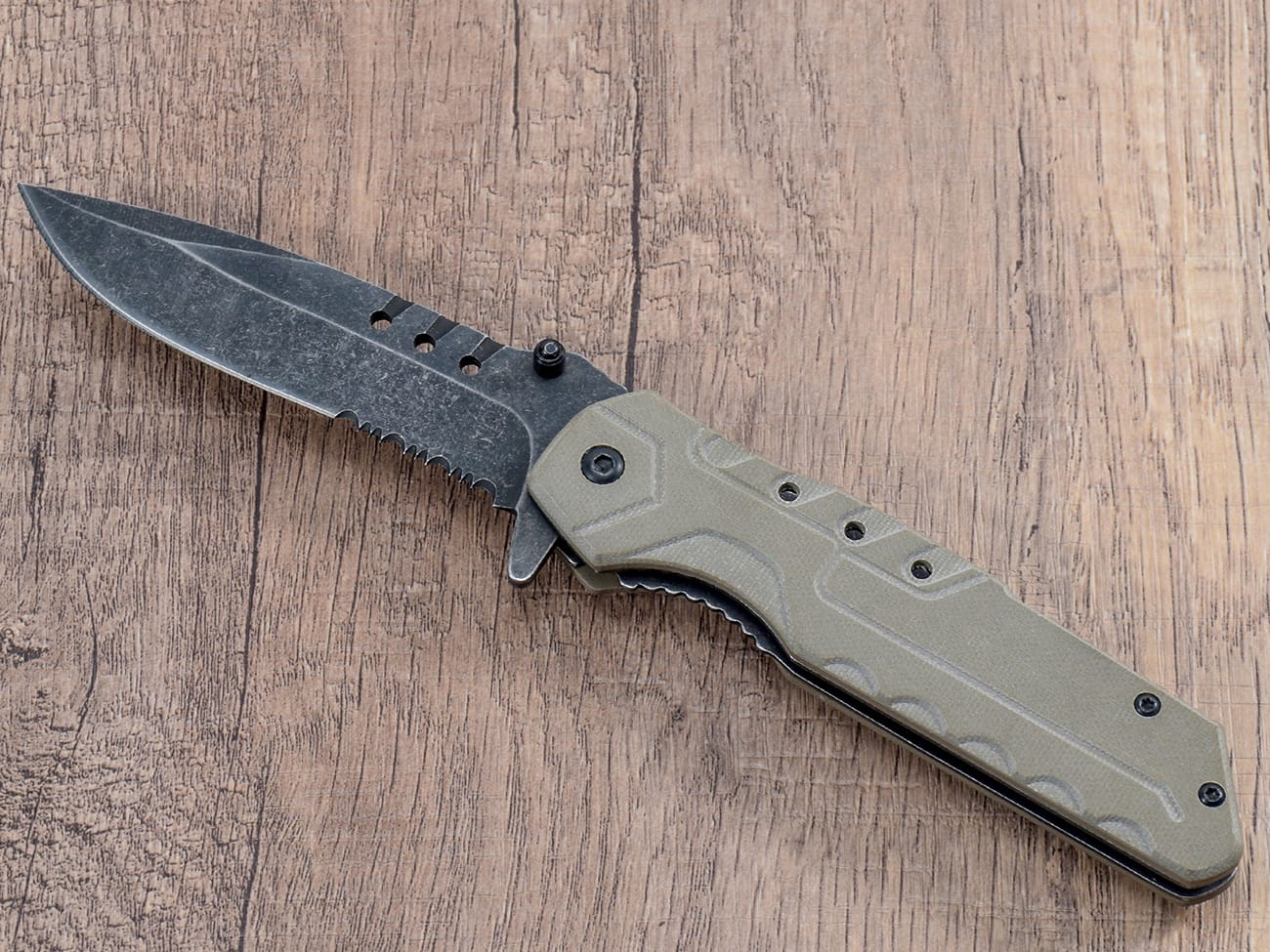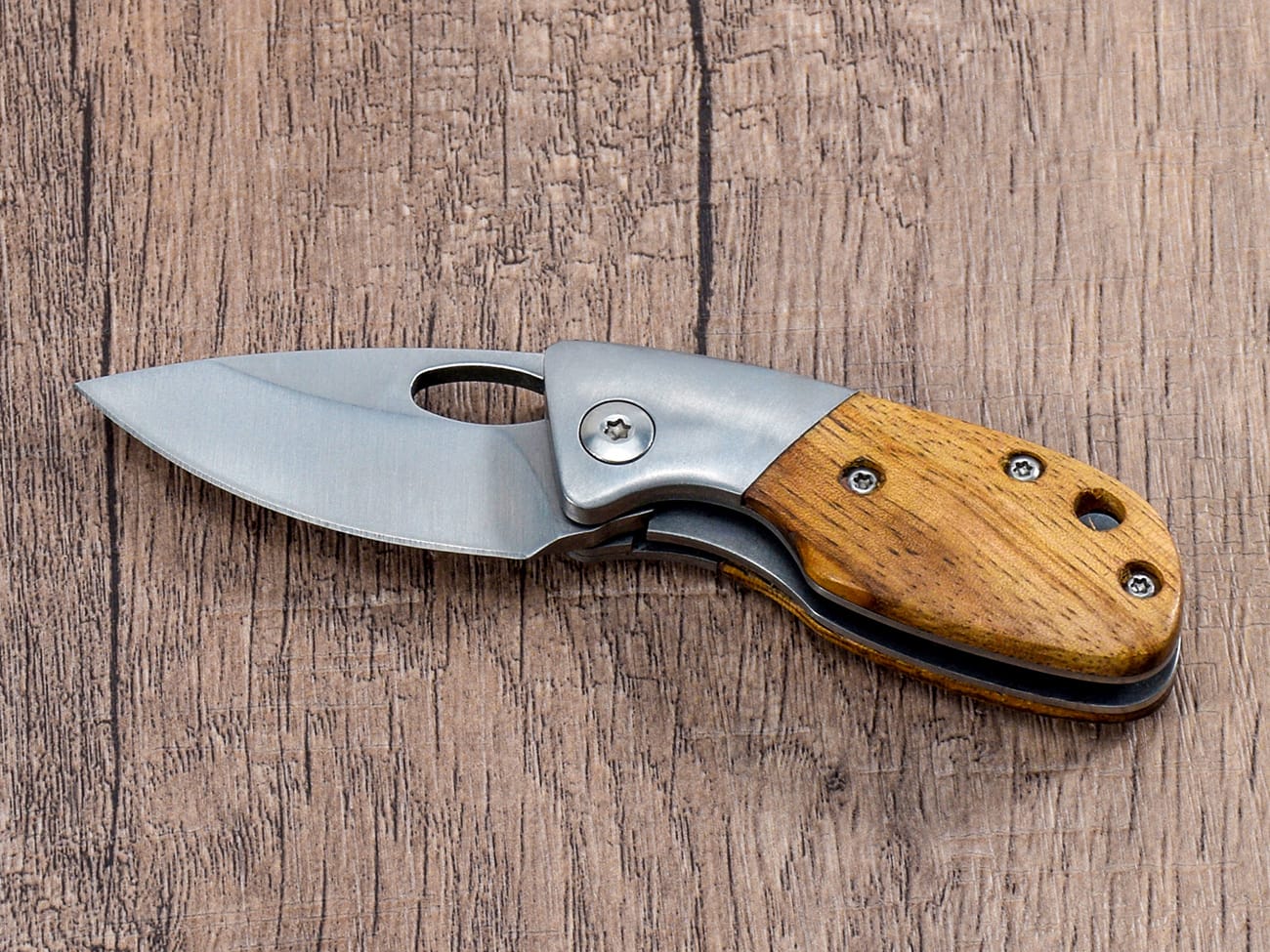Navigating the legal landscape of pocket knife carry can be complex and confusing. Whether a knife in your pocket is considered concealed depends on various factors, including state laws, knife type, and how it’s carried. This comprehensive guide will help you understand the legal implications of carrying a pocket knife and how to stay compliant with local regulations.
Is Carrying a Pocket Knife Legal in Your State?
Different states have varying laws regarding knife carry. Some states are more permissive, while others have strict regulations about what types of knives you can legally carry and how you can carry them. Before carrying any knife, it’s crucial to understand your state’s specific laws.
What Makes a Knife Considered Concealed?
A knife is typically considered concealed when it’s carried in a way that’s not visible or readily apparent to others. This can include:
- Carrying in a pocket without a visible clip
- Hiding under clothing
- Placing in a bag or purse
- Concealing within other objects
How Does a Pocket Clip Affect Concealment?
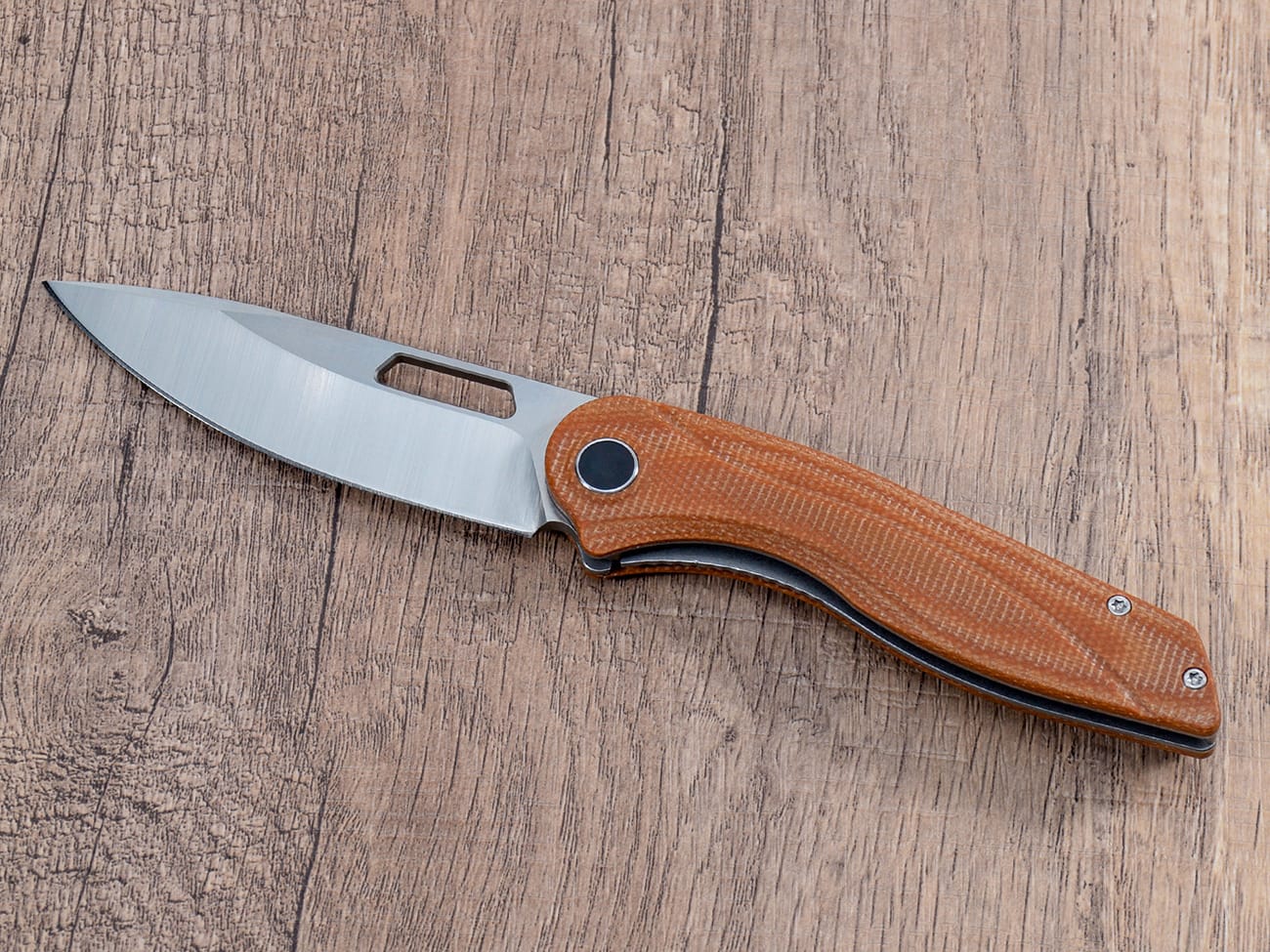
A folding knife with a pocket clip for everyday carryThe pocket clip plays a significant role in determining whether a knife is considered concealed. When a knife is clipped to your pocket with the clip visible, many jurisdictions don’t consider this concealed carry since part of the knife is visible.
What Types of Knives Are Legal to Carry?
The legality of carrying different types of knives varies by jurisdiction. Common legal distinctions include:
- Folding knives vs. fixed blade knives
- Blade length restrictions
- Automatic knife regulations
- Specific prohibited types (ballistic knives, butterfly knives, etc.)
Open Carry vs. Concealed Carry: What’s the Difference?
Understanding the distinction between open and concealed carry is crucial:
- Open carry: Knife is visible and apparent
- Concealed carry: Knife is hidden from ordinary observation
- Fixed blade knives often have different carry requirements
Are There Blade Length Restrictions for Concealed Carry?
Many jurisdictions regulate concealed carry based on blade length:
- Common restrictions range from 2.5 to 4 inches
- Some states have no length restrictions
- Longer blades may require open carry
Where Can’t You Carry a Knife?
Regardless of state laws, certain locations typically prohibit knife carry:
- Schools and educational institutions
- Government buildings
- Courthouses
- Airports and airplanes
- Private businesses with no-weapon policies
How Do Knife Laws Vary by State?
State knife laws can vary significantly. For example:
- Nevada knife laws are relatively permissive
- Some states restrict automatic knives
- Blade length restrictions differ by jurisdiction
- Pocket knife rules vary widely
What Are the Penalties for Illegal Knife Carry?
Violating knife carry laws can result in serious consequences:
- Misdemeanor or felony charges
- Fines
- Possible jail time
- Criminal record
Important Tips for Legal Knife Carry
To stay compliant with knife laws:
- Research your local laws thoroughly
- Choose an appropriate knife type
- Consider using a visible pocket clip
- Avoid prohibited locations
- Keep documentation of legal ownership
Key Points to Remember:
- Always check local laws before carrying any knife
- Visible pocket clips may prevent concealment classification
- Blade length restrictions vary by jurisdiction
- Some locations prohibit all knives
- Open carry may have different requirements than concealed
- Consider the specific type of knife and its legal status
- Be aware of restricted areas and locations
By following these guidelines and staying informed about local laws, you can legally and responsibly carry a pocket knife while avoiding legal issues.

